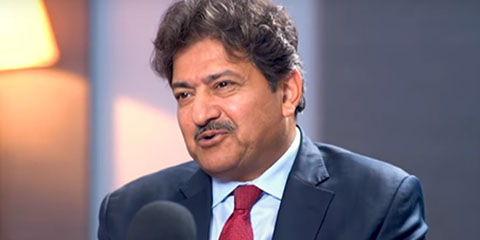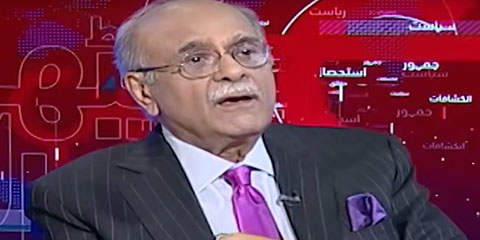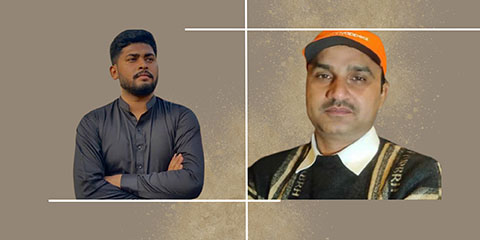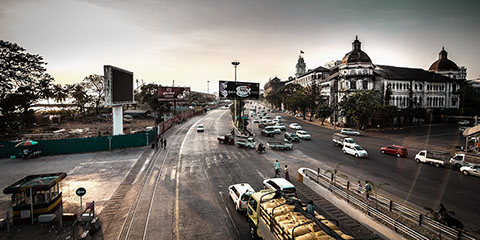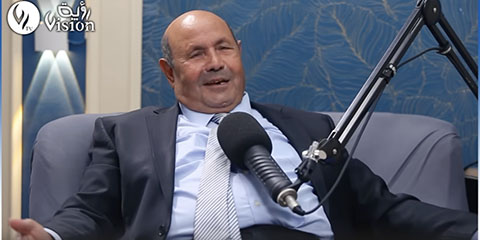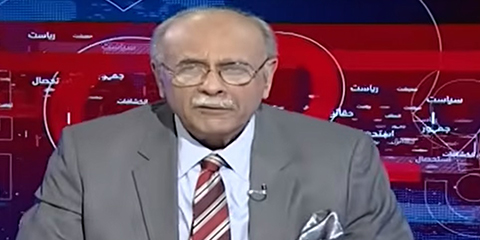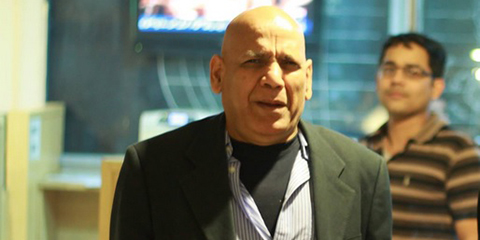BBC documentary continues the story of slain Qandeel Baloch
JournalismPakistan.com | Published 6 years ago
Join our WhatsApp channel
Two and a half years after the murder of the Pakistani glamour model, Qandeel Baloch, a new BBC documentary looks at the recent developments in the case and asks if there have been any changes in the treatment of violence against women in Pakistan.
Now live on the BBC News Urdu YouTube channel, the documentary, Qandeel Baloch: Honour, murder and her selfies, relives the events leading to, and immediately following, Qandeel’s murder, asks why nobody has been convicted yet – and if Qandeel’s story has changed anything in the way Pakistani women are treated by social media.
The film is presented by a Pakistani journalist, Hani Taha, who picks up the story where she left it off in the BBC’s 2016 documentary about the murder of Qandeel. Hani says: “I won’t lie – making the original documentary about Qandeel two years ago had a big impact on me… Ordinary women like me want Qandeel’s death to mean something – and to change things. But I just don’t know if that’s going to happen.”
Back in 2016, Qandeel’s parents, Muhammad Azeem and Anwar Bibi, wanted a death penalty for their son, Waseem, who had confessed to murdering his sister. But talking to the BBC now, Anwar Bibi says: “[Waseem] has made a mistake but our daughter will not come back. One is gone, we can’t afford to lose the second. We are parents… He did everything but it was all their doing, they twisted his brain, he didn’t kill her. Police forced him to confess.”
Waseem hasn’t claimed he was mistreated, and Multan police deny any allegations of torture. The parents’ retracting their initial statement that Waseem killed Qandeel may cause the collapse of the whole case.
Every year more than 1000 women are murdered in Pakistan in so-called “honor killings” committed by their male relatives. It was, of course, Qandeel’s murder that restarted the debate that lead, in October 2016, to the passing of an amendment to Pakistan’s Penal Code (PPC) allowing police to take over from the victim’s family as the main complainant in the case – and thus make it impossible for the family to use the country’s laws that allow close relatives of murder victims to pardon killers.
The lawyer of Qandeel’s parents, Safdar Abbas Shah, is finding their change of heart difficult to accept: “If [Waseem] is not punished, there will be more killings, any brother who is not happy with the way his sister behaves will go ahead and kill her.”
In another response to Qandeel’s murder, Violence Against Women Centre (VAWC) was set up in Multan. Having taken on 2,500 cases in seven months, it currently is not getting the funding and, despite politicians’ assurances that things have to change, may have to close.
Yet another law that was passed in 2016 in response to Qandeel’s murder was the Prevention of Electronic Crimes Act. Hani finds that two and a half years on, women in Pakistan continue to face the same threats for simply expressing or asserting themselves on digital platforms.
The amendment made to the witness law in PPC after Qandeel's brutal murder is yet to be successfully used in a single “honor-killing” prosecution. Attiya Jaffry, the Multan police officer who was in charge of Qandeel’s case, believes there’s hope that things will change: “Women and girls are becoming more aware. Oppression can only be sustained as long as you are ready to tolerate it.”
Qandeel Baloch: Honour, murder and her selfies is available on demand via the BBC News Urdu YouTube channel.
Photo courtesy: geo.tv





